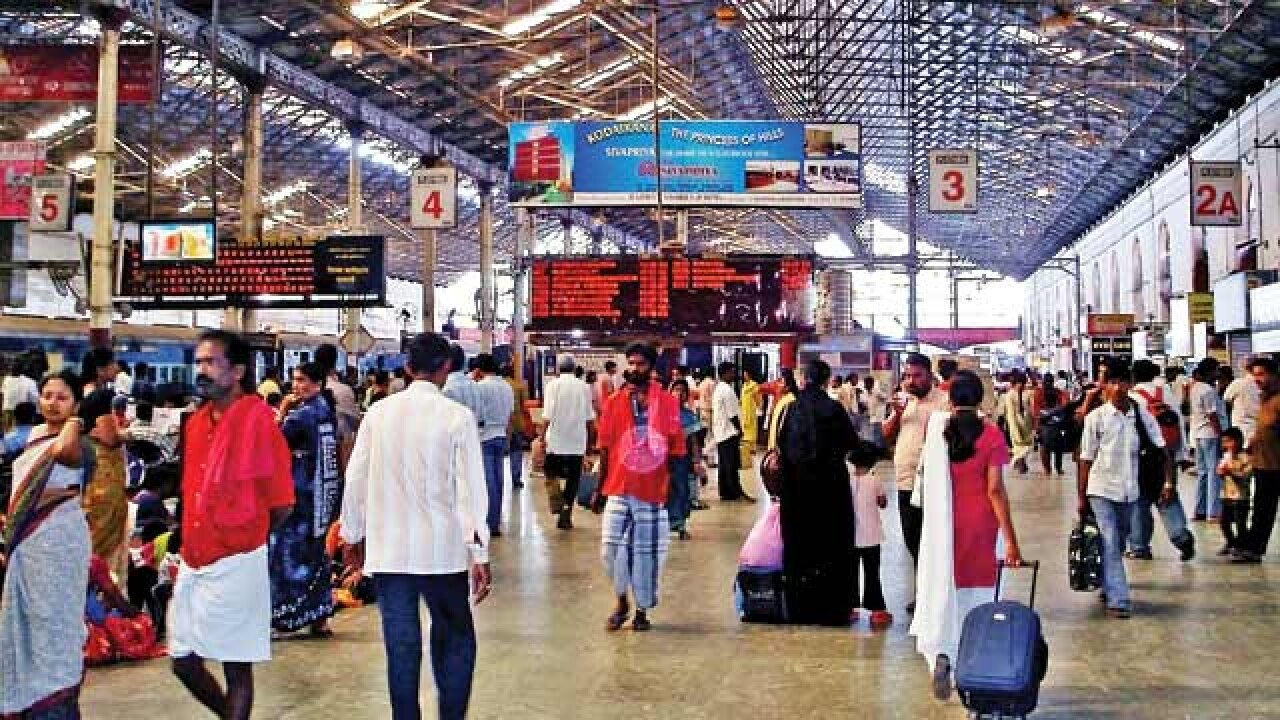
‘We had Skype interviews,’ an Afghan student tells me. The first difference was established there. Many of us had a tendency to sympathise with the students from the SAARC countries who had also come to Chennai to pursue a journalism course just like the rest of us. Most of us are guilty of this, of seeing them differently. We stand on a higher pedestal since they come from ‘troubled’ nations, thinking that we are better off. The difference however is that they see the new country as an opportunity. Most of the North Indian students are culprits of a double crime. We came here forgetting that not all South Indians are ‘Madrasis’. With many such prejudices and cultural biases, we unwittingly refuse to accept the ‘Madrasi’ way of living.
The SAARC students however, accept the culture of Chennai as Indian culture. While we cursed the hostel food from the start, they posted pictures of it on Facebook because for them, in a new land, it was something culturally different. Even though the Maldivian missed the fish and the Afghani his creamy chicken gravy, they ate the hostel food. They understood that it was how the hostel food was meant to be, though the monotony of it was lost on noone.
On Diwali, I had visited the Parthsarathy Temple as part of an assignment to watch the fireworks display. There I witnessed a new kind of Diwali celebration. As much as I loathed being in Chennai for Diwali, more so because here they celebrate it a day earlier than we would in Delhi, I was taken aback. The zeal with which every person dances in front of the idol from the temple, follows the chariot with not an inch of the roads left uncovered with crackers was remarkable. For Delhiites who may think of themselves as elites, such a disorderly display on the roads would probably be too crass.
In contrast, a Maldivian student’s experience of Diwali set me wondering. Where I wanted nothing more than going back home, she found the loud colourful display ‘grand’. Scared of crackers though, she kept a safe distance, but she was close enough to the culture to enjoy it, much more than me.
I realised how even before coming to Chennai I had made every effort trying to never adjust in the new city. My prejudices from birth had made me see anything other than what I thought ordinary as different. I found a little solace in the fact that another student from Southern Nepal finds the North missing in the South Indian platter too.
Diwali in Chennai was ‘missing on the calendar’ for him too. But he finds no other difference here. In his words, he came here with no preconceived notions about the people. He recounted how fellow students displayed their prejudices, even asking him why he wasn’t the Gorkha that they expected. He said, “Only my passport is Nepali. Otherwise, there is no difference between the people here and me.”
I wonder why he has a heightened sense of belonging to the country that I was born in. But the thought that troubles me most is, why even as educated individuals in a post-graduate course, we saw them as students coming from ‘troubled countries’.
While I refuse to accept the city and always look at the SAARC students as foreigners, they are comfortable with both the foreign land and the foreigners. Only over drinks do we admit that of anyone, it is the Afghan student who has accepted Chennai as it is. The ease with which they have blended in Chennai makes me take stock of how by believing myself superior I had held the same prejudices.
Even though I never consciously believed in any stereotypes I realised that they had seeped through my sensibility without my knowledge. That is when the words of the Pakistani student, a conflict reporter, came to my mind. “Our governments are wearing masks. They show one face to their people, another to the enemy and yet another to the rest of the world. And this goes for the people too. In all this, we have actually forgotten our real face. Our real identity.”
Tannu Jain, Student, Print journalism, Asian College of Journalism
Send your edits to
gennextedit@dnaindia.net